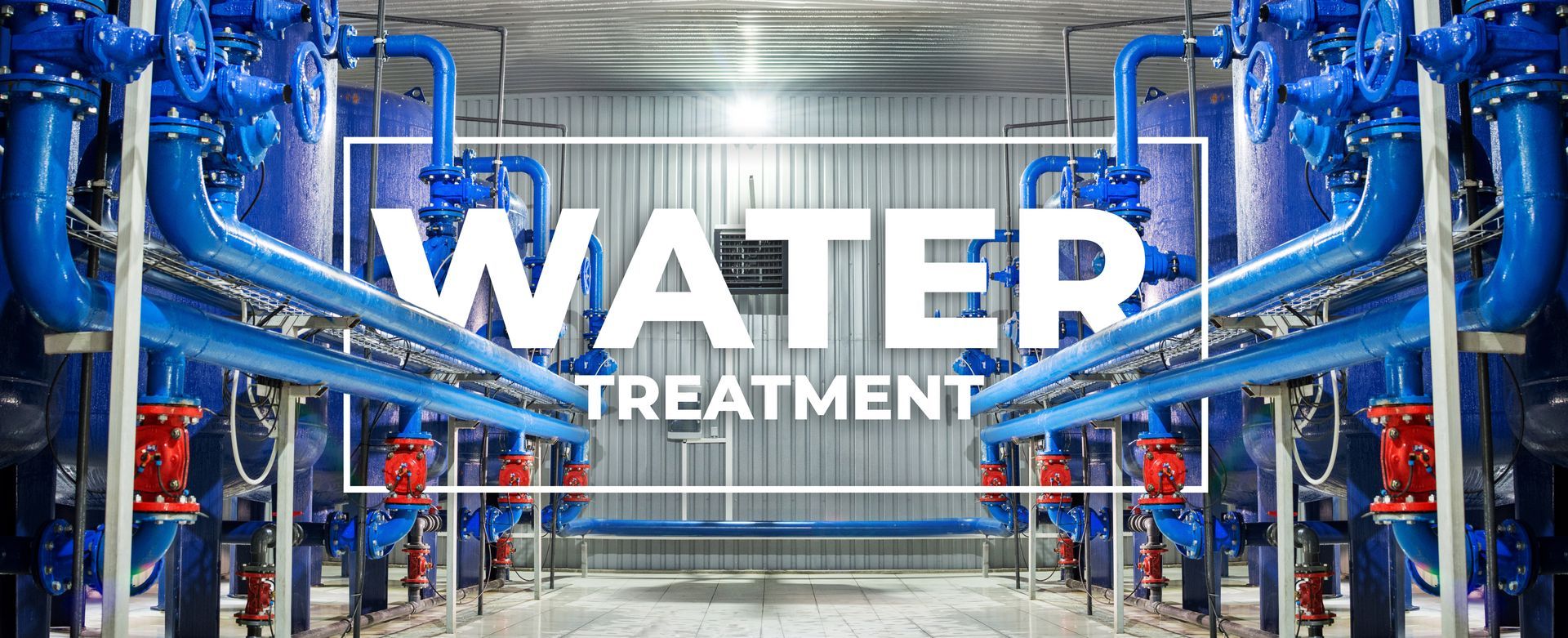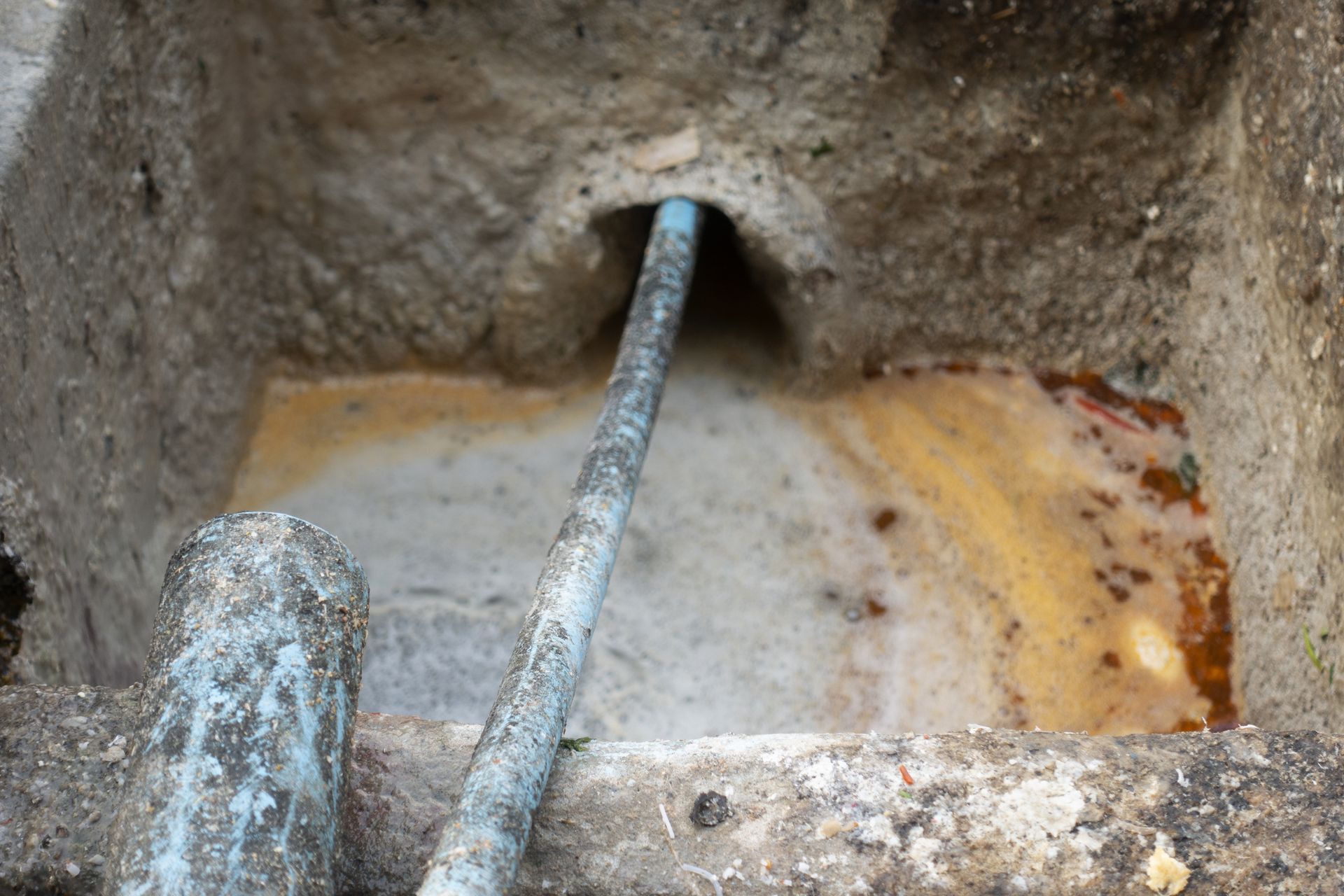Call Today for a FREE Quote
(404) 419-6887
How Much Does It Cost to Run Wastewater Treatment Plants?

Running wastewater treatment plants is crucial for maintaining public health, protecting the environment and ensuring the sustainability of water resources. Although they are vital, wastewater treatment facilities do represent a significant expenditure of public resources. These facilities often come with a considerable upfront investment as well as many ongoing operational expenses.
Infrastructure Investment
One of the most significant expenses for operating wastewater treatment plants is the infrastructure investment. This includes the construction, maintenance and upgrading of treatment facilities, pipelines, pumping stations and other essential components of wastewater management systems.
Initial capital costs for building new treatment plants or expanding existing ones can be substantial, often running into billions of dollars, depending on the size and complexity of the facility. Ongoing maintenance and repairs are also costly but necessary for the longevity of the infrastructure.
Energy Consumption
Energy consumption is another major cost driver for wastewater treatment plants. Treatment processes such as aeration, pumping and sludge dewatering require significant amounts of electricity to operate. Aeration, in particular, which involves the continuous injection of air or oxygen into wastewater to facilitate aerobic decomposition, can account for a significant portion of energy usage in treatment plants.
As energy prices continue to rise and environmental concerns about carbon emissions grow, wastewater treatment plants are under pressure to reduce their energy consumption and explore renewable energy sources to lower costs and minimize their carbon footprint.
Labor and Personnel Costs
Labor and personnel costs also represent a significant operating expenditure for wastewater treatment plants. Skilled operators, technicians, engineers and administrative staff are important for the day-to-day operation and management of treatment facilities. These personnel are responsible for overseeing treatment processes, conducting routine maintenance, troubleshooting equipment failures and ensuring compliance with regulatory requirements.
Regulatory Compliance
Compliance with environmental regulations and permit requirements is non-negotiable for wastewater treatment plants and comes with heavy costs. Regulatory agencies impose strict discharge limits for pollutants, pathogens and other contaminants in treated wastewater, making advanced treatment technologies and monitoring systems a necessity.
Ongoing monitoring, sampling and reporting obligations are necessary to demonstrate compliance and avoid fines or penalties for violations. As regulations evolve and become more stringent, wastewater treatment plants must allocate resources to stay on top of regulatory changes and adapt their operations accordingly.
Equipment Maintenance and Replacement Costs
Another significant expense for wastewater treatment plants is equipment maintenance and replacement. Treatment facilities rely on various mechanical, electrical, monitoring and calibration equipment to operate effectively. Over time, these components experience wear and tear and may require regular maintenance or eventual replacement to ensure optimal performance.
Routine inspections, preventive maintenance programs and timely repairs are essential for minimizing downtime and extending the lifespan of equipment. However, despite proactive maintenance efforts, aging infrastructure may eventually reach the end of its useful life and require costly upgrades or replacements. Budgeting for equipment maintenance and replacement is essential for managing long-term operational costs and maintaining treatment plant reliability.
Cost Optimization Strategies
While running wastewater treatment plants involves significant costs, there are opportunities to improve efficiency and reduce expenses. Some solutions municipalities can pursue to reduce costs include:
- Advanced Treatment Technologies:
Implement membrane bioreactors, UV disinfection and anaerobic digestion to enhance treatment efficiency and reduce energy and chemical usage.
- Asset Management and Maintenance:
Invest in asset management systems, predictive maintenance tools and process optimization strategies to improve infrastructure reliability and longevity, leading to long-term cost savings.
- Alternative Funding Methods:
Explore public-private partnerships or grants to alleviate financial burdens and facilitate infrastructure upgrades.
- Public Engagement and Education: Engage stakeholders through education and awareness initiatives to gain support for funding initiatives and policy changes, encouraging collaboration between wastewater treatment operators, local authorities and the community.
More Than 15 Years of Trusted Grease Trap Cleaning and Fryer Oil Recycling in Georgia
At Southern Green Industries, we prioritize environmental sustainability and proudly stand as Atlanta's premier provider of eco-conscious grease trap cleaning and waste fryer oil collection and recycling solutions.
We don’t just talk about being green – we strive to make a tangible impact through our actions. Our team operates our own green wastewater treatment facility to clean the wastewater we collect and we actively reduce greenhouse gas emissions and waste by powering our fleet of vehicles with clean-burning biodiesel fuel recycled from the waste fryer oil we collect.
For those in search of a dedicated fryer oil recycling and grease trap cleaning partner in Atlanta, connect with us today at (404) 419-6887.
Recent Blog Posts
Contact us Today for a FREE Quote
We are committed to making grease trap cleaning and fryer oil recycling as clean and easy as possible. If you’d like to learn more about our services or get a quote, give us a call at (404) 419-6887.
Southern Green Industries is an Atlanta owned and operated grease trap cleaning and fryer oil recycling company operating in Atlanta and throughout the entire state of Georgia.
All Rights Reserved | Southern Green Industries | Built by REV77


